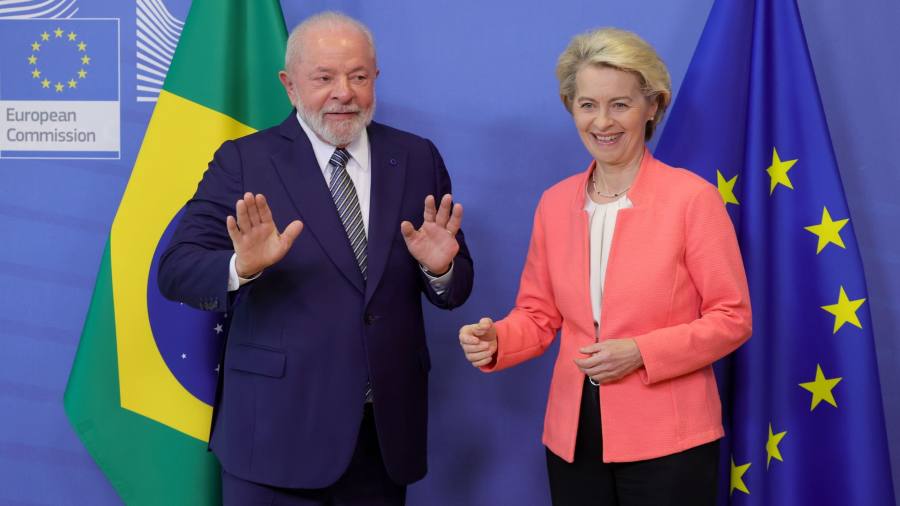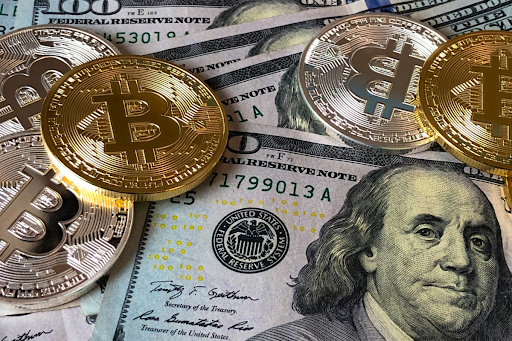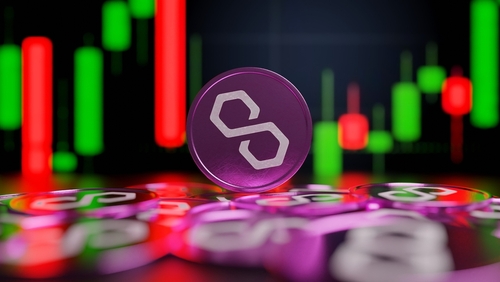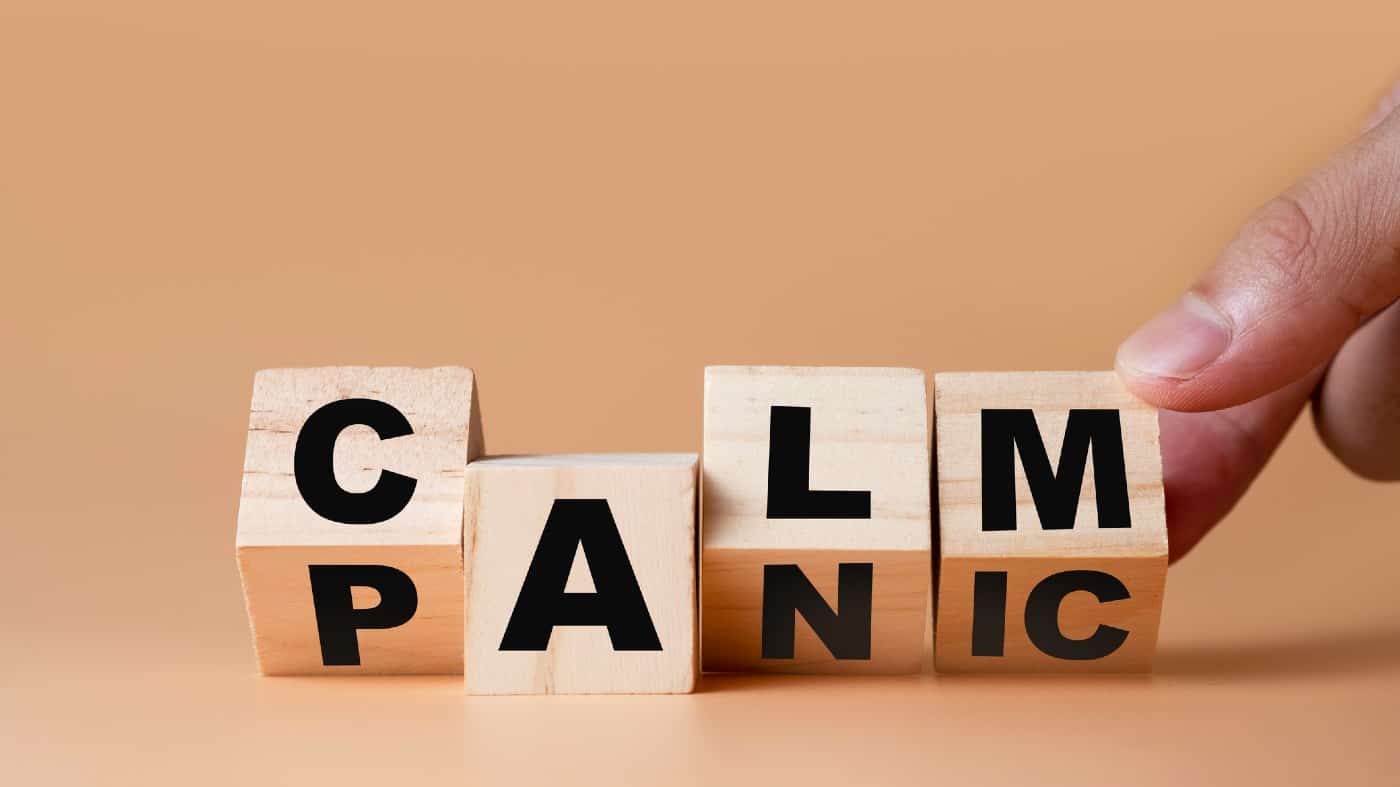Receive free EU trade updates
We’ll send you a myFT Daily Digest email rounding up the latest EU trade news every morning.
The EU and the Mercosur bloc hope to finalise a long-delayed trade deal this year, leaders on both sides said, although divisions over the Ukraine war marred the first summit between European and Latin American leaders in eight years.
President Luiz Inácio Lula da Silva of Brazil, the biggest of the four Mercosur members, on Monday called for a “balanced deal” — a reference to Brazil and Argentina’s refusal to accept additional environmental demands and their desire to protect domestic industry.
European Commission President Ursula von der Leyen, who has set a year-end deadline to finalise the agreement, said it was “within reach” as she met Lula ahead of an EU summit with Latin America and the Caribbean (Celac) leaders aimed at rebuilding Europe’s standing in the region.
“Our ambition is to settle any remaining differences as soon as possible,” she said. Diplomats say there is a narrow window to try to finalise the deal this year, when Spain holds the rotating presidency of the EU Council and before a new Argentine government takes office in December.
Diplomats on Monday struggled to find common language on Russia’s war on Ukraine for a joint communiqué, highlighting the gap between the two sides.
Asked if the final text, due to be published on Tuesday, would contain a reference to Russia’s invasion of Ukraine, Spanish foreign minister José Manuel Albares said: “It’s what Spain wants but we’re going to see.”
“The majority [of countries] adopt the language of the UN criticising the invasion but we know that some adopt a different position,” he told the Financial Times.
Albares said the two-day summit was a chance to “launch a dynamic” that would help finalise trade deals with Chile, Mexico and the Mercosur quartet.
The Mercosur deal stalled after the EU demanded additional guarantees on deforestation and labour rights in an agreement concluded in 2019 after 20 years of negotiations. Mercosur, which consists of Brazil, Argentina, Uruguay and Paraguay, is formulating a counterproposal that will be presented to the EU within weeks, a senior Brazilian diplomat said last week.
Lula has frequently attacked the EU demands, calling them a “threat” to the Mercosur countries. “We want an agreement that preserves the capacity of the parties and that responds to present and future challenges,” he said on Monday.
Mercosur leaders view the EU conditions as unacceptable, arguing they have already signed up to international agreements to protect the rainforest and labour standards.
Those countries pushing most strongly for additional safeguards — France, Ireland and the Netherlands — have large dairy and beef industries that would face lower-cost competition from South America if the deal was ratified.
Speaking on the summit’s side lines, Mark Rutte, the outgoing Dutch prime minister, said he was “cautiously optimistic” of a deal this year. “I think in Brazil they were somewhat irritated by the text Europe put forward, he said “[But] the sustainability clauses are important for a country like mine.”
Jordi Cañas, a Spanish MEP who chairs the European parliament’s Mercosur delegation, told the FT that Lula’s government should be trusted to protect the Amazon. “He is right. The additional instrument is just a justification to block the agreement for other reasons.
“If you want to stop deforestation, sign the accord. You have more influence to combat deforestation.”
But Albares said the summit would not take decisions. “It’s more about creating a political environment that we want to advance. And that is something we are going to achieve.”
Reviving relations will be pivotal if the EU is to counter China, which has grown in the past decade to become South America’s largest trading partner, and secure better access to the region’s abundant raw materials for green technology.
Calling the event a “starting point for a new relationship between EU and Latin America”, Josep Borrell, the EU’s foreign affairs chief, said: “The Europeans did not pay enough attention to Latin America. We have to take into account a new geopolitical scenario with the rise of China.”
Additional reporting by Laura Dubois and Henry Foy in Brussels
Credit: Source link














